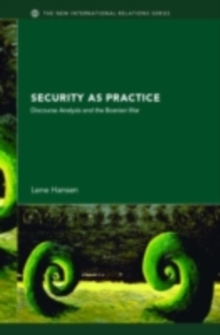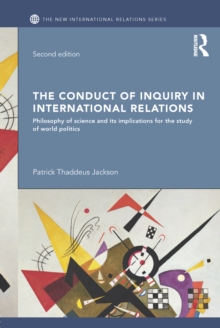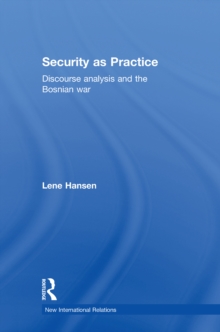
Geoeconomics in International Relations : Neorealist and Neoliberal Conceptualizations PDF
by Christian Pfeiffer
Part of the New International Relations series
Description
This book provides a comprehensive and systematic analysis of the concept of geoeconomics in International Relations (IR). It offers an accessible overview of the most important approaches, including their history, means and ends, methodology, ideological underpinnings, normative aspects, and practical relevance.
Exploring the forgotten history of geoeconomics, and revealing its different meanings and usages over time, the author clearly differentiates geoeconomics from geopolitics on a conceptual level. This thorough examination of contemporary conceptions identifies shortcomings in the current understanding of geoeconomics and proposes a reconceptualization of the concept within a neoliberal framework, increasing its empirical usefulness and analytical value. By contrasting neoliberal geoeconomics with neorealist geoeconomics, the book highlights the normative implications of both approaches, providing policy analysts and makers with valuable insights into the topic.
This volume will be an important reference guide for understanding the concept of geoeconomics and a must-read for students and researchers of international relations, international political economy, economics, and political science, as well as professionals, such as policymakers and politicians.
Information
-
Download - Immediately Available
- Format:PDF
- Pages:216 pages
- Publisher:Taylor & Francis
- Publication Date:03/11/2023
- Category:
- ISBN:9781000992564
Other Formats
- EPUB from £35.99
Information
-
Download - Immediately Available
- Format:PDF
- Pages:216 pages
- Publisher:Taylor & Francis
- Publication Date:03/11/2023
- Category:
- ISBN:9781000992564










